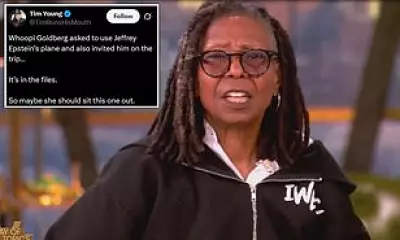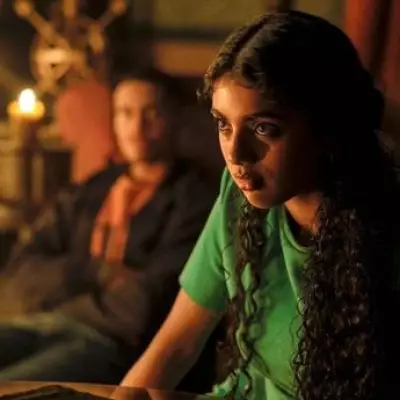
The glittering world of television broadcasting often hides tragic stories behind the camera lights, and none more so than that of a once-famous BBC star who spent his final years in poverty and obscurity.
Despite his pioneering work in early television, the presenter died with virtually nothing to his name, his contributions to broadcasting largely forgotten by the industry he helped build.
A Career in the Spotlight
During television's golden age, he became a household name through his regular appearances on BBC programming. Colleagues and viewers alike admired his professional approach and charismatic on-screen presence that made him one of the emerging medium's first genuine stars.
"He was part of that pioneering generation who made television what it is today," noted a media historian. "These were the people who literally wrote the rulebook for how to present on television."
The Descent into Obscurity
As television evolved and new faces emerged, our protagonist found himself gradually sidelined. The industry that once celebrated him moved on, leaving him struggling to find meaningful work despite his extensive experience.
Friends and colleagues describe how he watched his savings diminish while dealing with health issues that made it increasingly difficult to secure employment. The transition from television star to forgotten figure was both swift and brutal.
A Lonely End
In his final years, he lived a reclusive life, relying on the kindness of friends and former colleagues who would occasionally check on his wellbeing. Those who remained in contact describe a man who maintained his dignity despite his circumstances.
The television industry that made him famous provided little support in return for his years of service. His passing went largely unnoticed by the broader public, a stark contrast to the attention he received during his career peak.
Legacy and Reflection
This tragic story raises important questions about how the entertainment industry treats its veterans. While new stars continue to emerge and capture public attention, many from television's earlier generations face similar struggles with obscurity and financial hardship.
As one contemporary commentator noted: "We celebrate our television heritage when it's convenient, but often fail to support those who actually built it. This story should serve as a wake-up call for better support systems within our industry."





